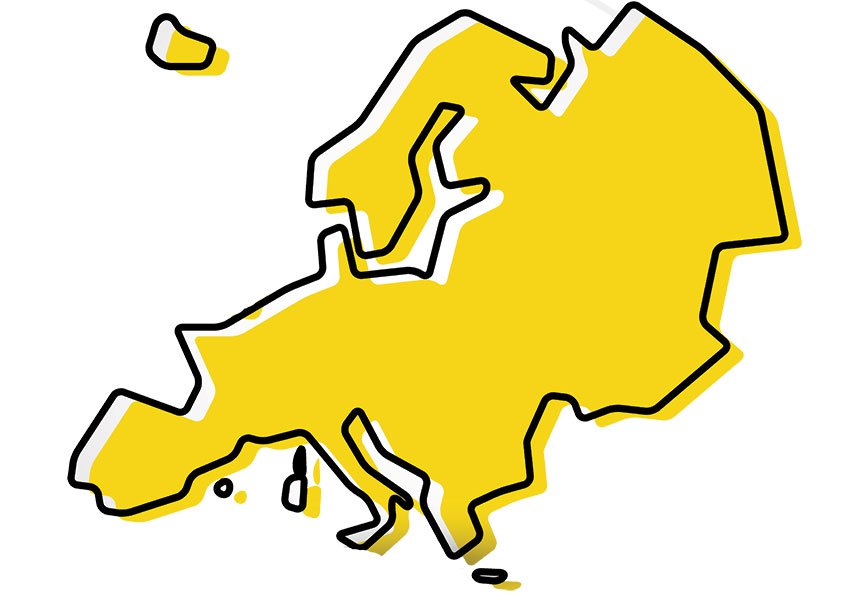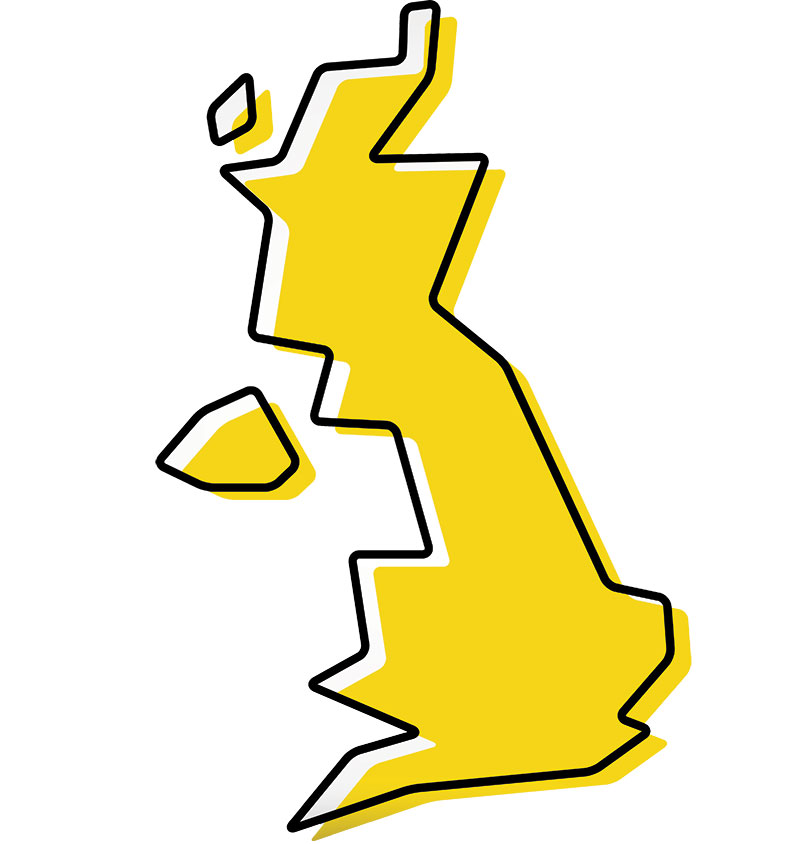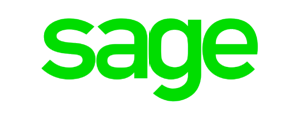If you’re a business looking to start collecting recurring payments from your customers using Direct Debit, then there are a few direct debit collection rules that you need to be aware of.
Firstly, if you have customers in both the UK and in mainland Europe, then the rules differ from region to region.
Europe Direct Debit Collection Rules
 In Europe, the European Payments Council (EPC) is an international not-for-profit association that runs four Single Euro Payments Area (SEPA) schemes. These four schemes allow people to pay with a single payment account or card across Europe as easily and conveniently as they do in their home country.
In Europe, the European Payments Council (EPC) is an international not-for-profit association that runs four Single Euro Payments Area (SEPA) schemes. These four schemes allow people to pay with a single payment account or card across Europe as easily and conveniently as they do in their home country.
Two of these are the SEPA Direct Debit Schemes. SEPA Direct Debits (SDD) is split into two schemes: Core and B2B. SDD Core is specifically for consumers and SDD B2B is exclusively for businesses.
All UK businesses collecting Direct Debits from customers in Euro payments need to use SEPA Direct Debits. There are 45 countries and territories in the SEPA scheme, view a map here.
The process is similar to the UK Direct Debit scheme run by Bacs, in that once a customer signs a compulsory mandate then it’s the business which manages the Direct Debit. It’s also run bank-to-bank and there are no cards involved.
However, there are a few differences:
- There are two schemes to pick from: SDD Core for consumers and SDD B2B for businesses (more information below)
- SEPA Direct Debit currency is in Euros, even if the customer’s local currency is different
- If a Direct Debit is taken by mistake or fraudulently, then the refund period differs to UK Direct Debit
- You’ll need to collect different bank account details from your customers in order to set up their Direct Debits with SEPA e.g. BIC and IBAN numbers
- There are some process differences e.g. with payment timings, the storage of mandates and how you submit the Direct Debit details
As with UK direct debit collection rules, you’ll need to give your European customers the correct advance notice before you collect a SEPA Direct Debit (see ‘Giving the Correct Notice’ below). There are also Direct Debit costs involved.
As a UK-based business, you can either access SEPA Direct Debits via your bank or by using a specialist company. These payment service providers (PSPs) must formally adhere to the EPC SEPA set of guidelines and must meet specific eligibility criteria to be approved.
SDD Core and SDD B2B
According to the EPC, the main differences between the Core and the B2B schemes are:
- Services and products based on the B2B scheme are only available to businesses; the payer must not be a private individual (consumer)
- In the B2B Scheme, the payer (a business) is not entitled to obtain a refund of an authorised transaction
- The B2B Scheme requires the payer’s bank to ensure that the collection is authorised by checking the collection against mandate information. The payer’s bank and the payer are required to agree on the verification to be performed for each B2B direct debit
- Responding to the specific needs of the business community, the B2B Scheme offers a significantly shorter timeline for presenting Direct Debits and a reduced return period
UK Direct Debit Collection Rules
 In the UK, the Direct Debit scheme is run by Bacs. There are two key ways for a UK-based business to access the scheme: as a Direct Submitter and as an Indirect Submitter.
In the UK, the Direct Debit scheme is run by Bacs. There are two key ways for a UK-based business to access the scheme: as a Direct Submitter and as an Indirect Submitter.
1. Direct Submitters
Direct Submitters are in direct contact with Bacs.
They create and manage all the relevant data files and submit Direct Debit payment instructions using a secure communications channel and software called Bacstel-IP.
To become a Direct Submitter, a business must first apply to their bank for a Bacs Service User Number (SUN). The bank will only approve you if your business passes a series of financial, administrative and business integrity checks.
Once you have a SUN, you’ll then need to apply to Bacs to become a Direct Submitter. Most Direct Submitters are big businesses which process a huge volume of Direct Debits. They can afford to invest in the software and staff training and have the funds to cover all ongoing updates and in-house technical expertise.
2. Indirect Submitters
Indirect Submitters access the Direct Debit scheme via a third party.
This can either be their bank or a Bacs-approved bureaux that has gone through rigorous checks to ensure compliancy.
According to Bacs, more than half of the organisations using the Direct Debit scheme do so as Indirect Submitters. It’s an efficient, cost-effective and secure method for many sole traders, micro, small and medium-sized businesses in the UK.
Indirect Submitters outsource the procedure to a bureau, such as FastPay. These specialist providers will then manage the data file submission to Bacs, supply you with all relevant documentation (e.g. the mandates that customers are required to sign) and monitor the Direct Debits. They will also report on the status, for example if a Direct Debit isn’t collected.
Unlike Direct Submitters, the process to become an Indirect Submitter can be very quick. By using FastPay, for example, you could be operational within 24 hours.
UK Indirect Submitters
 There are two methods available to UK-based businesses who want to access the Direct Debit scheme for the first time as an Indirect Submitter.
There are two methods available to UK-based businesses who want to access the Direct Debit scheme for the first time as an Indirect Submitter.
If you have a SUN from the bank but don’t want to submit directly to Bacs, then you can use a Bureau Service. Your bank will link your SUN to your chosen Bacs-approved provider to submit on your behalf.
If you don’t have a SUN, then you can use a Managed Service. Your provider will supply you with a personalised SUN and manage the collection for you.
The Direct Debit costs vary by provider and service so do your research to find the most appropriate provider for your needs and to fit your budget.
Giving the Correct Notice
 Whether you’re submitting directly or indirectly to Bacs, or are collecting Direct Debits in Europe or in the UK, you’re required to give the correct notice to your customers. This ensures that they are aware when money will be taken from their bank accounts, and how much, so there are no surprises.
Whether you’re submitting directly or indirectly to Bacs, or are collecting Direct Debits in Europe or in the UK, you’re required to give the correct notice to your customers. This ensures that they are aware when money will be taken from their bank accounts, and how much, so there are no surprises.
By not sending the correct advance notice, your customer is entitled to a full refund of their Direct Debit, so it’s critical to get right.
Direct Debits often fail because customers don’t have enough cash in their bank account to cover the amount being collected.
By notifying them in advance, they can make certain they have sufficient funds to cover the payment.
The first step in the process is to get your customer to sign a Direct Debit mandate. In Europe, this form can be either paper or electronic, for example via a secure area of your website. In the UK, you can use paper, electronic or over-the-phone forms. If you outsource to a third party, such as FastPay, then you’ll be provided with relevant paper and online forms, and telephone scripts.
Once this mandate is completed, then the correct notice should be given:
-
In UK:
In the UK, a Mandatory Advance Notice Letter must be sent to the customer 10 working days before the first collection date via letter, email, text message or conveyed over the phone.
This letter should include an Advance Notice of Direct Debit which confirms their bank details, the Direct Debit reference you’ll be using, and specifics on the collection (e.g. amount).
-
In Europe:
In Europe, a Pre-Notification must be shared with the customer 14 calendar days in advance of the first collection date, unless a different timeline has been agreed between the payer and the biller (you).
It should include the same information as a Mandatory Advance Notice Letter e.g. due date and amount of the collection.
In both cases, the notice only needs to be sent once if the Direct Debit information doesn’t change. If the amount, recurring date or frequency changes then a new Mandatory Advance Notice Letter or Pre-Notification must be sent in advance to the customer with the updated details.
However, if the customer changes their bank details, then a new Direct Debit mandate must be created and signed. A new Mandatory Advance Notice Letters or Pre-Notifications must be communicated with the customer in advance of the first payment being taken from the new bank account.
If you opt to work with a specialist provider, you should receive standard templates of these letters, and any other copy you might require (e.g. for text messages).
Play by the Rules

Collecting recurring payments using Direct Debit is affordable, time-efficient and secure.
It’s possible for UK-based business to easily take money from their UK and European customers using the Bacs scheme in the UK or the EPC scheme in mainland Europe.
Both have thorough vetting processes as well as robust conditions, such as giving the correct advance notice, that must be adhered to. These strict collection rules provide peace of mind to not only the customer (or payer), but also to the biller (you), and are the reason that Direct Debit is such a popular and well-trusted payment method.












